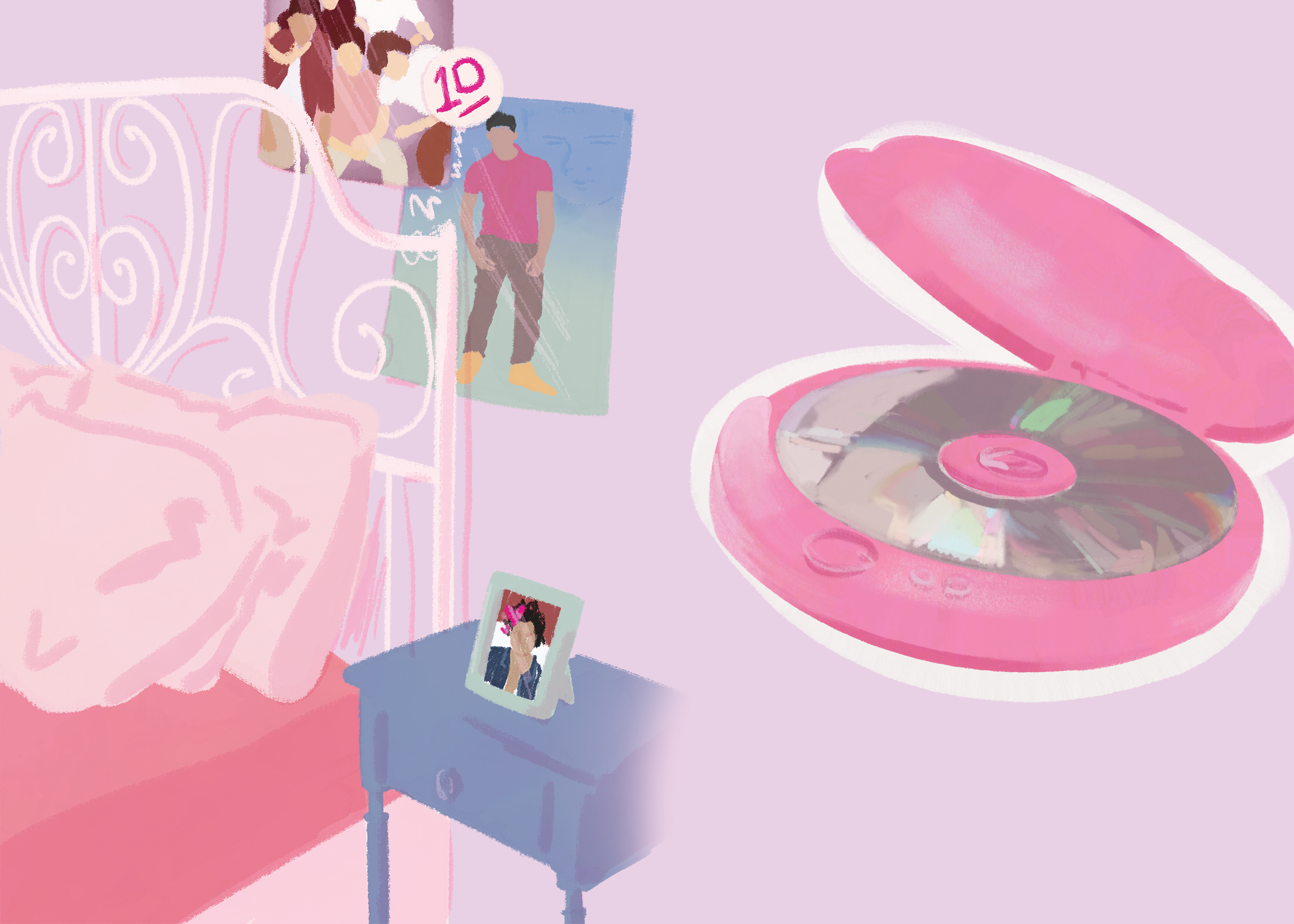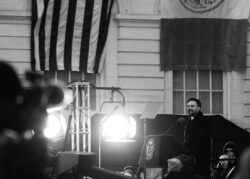About a year ago, my phone changed my “home” location from Kansas City to Georgetown University. It signified a shift that I was already feeling but could not reckon with.
I had spent my entire freshman year feeling like my real life was back home waiting for me and that college was just a place that I went to sometimes. But, sophomore year, Georgetown me became the same as Kansas City me and everything was real life. I had no idea how to cope with it.
It felt like I was betraying my hometown, my family, and my friends to say that school was home too. I had spent all of freshman year so tethered to returning to Kansas City that when that shifted, I felt like I had nothing to hold onto anymore.
Admittedly, I had more than a few cry sessions on the Southwest Quad benches after closing shifts at the Healey Family Student Center, so as to not wake my sleeping roommate with my tears. During those untethered nights, I began to ponder the classic mid-college crisis question: what makes me who I am?
I no longer defined myself by the aching homesickness of freshman year (now I’m obsessed with my hometown in a normal way because it is awesome; please talk to me about Kansas City). I no longer aspired towards a career in politics, a dream that fizzled instantaneously upon arriving in Washington, D.C. I was no longer a dancer, or a field hockey player, or in the band, though at least two of those are probably for the best.
Then, the week after my phone decided to make this change, my childhood dog and One Direction band member Liam Payne died a day apart from each other. As I was grieving the loss of something I could not explain, it suddenly hit me: I am who I am because of One Direction.
I’ve spent my entire life basically obsessed with the boyband One Direction. My first ever CD was of their first album, Up All Night (2011), featuring the members clad in suspenders and mop haircuts, of course. I defined myself as a “Louis girl” (Louis girls, rise up). Any iPad time I received as a child was spent watching their music videos. In the way that people can recount where they were on 9/11, I can tell you exactly where I was when I found out that Zayn left the band: in my bright purple bedroom getting ready for another thrilling day of fifth grade. In the spirit of oversharing, I even read fanfiction about them. As I got older, any time I needed comfort, I would rewatch old interview clips, laughing the same way I did when I was nine and watching them for the first time.
Growing up a boyband girl, naturally, came with comments that you would expect. Boys at school made fun of One Direction and, by proxy, me. My older cousins teased me about my ability to sing song after song. As I got older, I felt the pressure come less from the people around me, and instead from the internet. All across social media and the mainstream news, boybands were deemed as lesser than in ways that felt less like criticism of the bands and more like criticisms of the teenage girls who liked them. Yet, turning up One Direction could always drown out the outside noise—both about liking One Direction and the more serious things going on in my life.
In sophomore year, as I chronicled my storied history with the band—and really boybands as a whole because I am, of course, a huge 5 Seconds of Summer fan as well—I began to realize that maybe they were the tether I had been searching to hold onto. When I first became a fan of One Direction, I was an elementary schooler in West Des Moines, Iowa. My friends and I listened to their music in the car and discussed our favorites on the playground.
In middle school, I moved to a whole new state where I did not know anyone. There, I met some girls in school who also liked One Direction and we became fast friends, even though they were “Harry girls.” They were the first people I texted when I heard about Liam’s death and happen to be my best friends to this day. The second person I texted when I found out about Liam was my roommate. After living together for about a week as semi-awkward friends, I found out that she had a One Direction fan Twitter account. Nothing was awkward after that day.
No matter where I lived or who I was around for my entire life (well, since 2010), One Direction has created community for me. Boybands opened paths for me to find friends and develop who I became at every new stage of life. Being a boyband fan gave me the courage to be more extroverted when I needed to be and made me more welcoming.
By being in a community brought together by the band, I met people from all walks of life and expanded who a girl from the Midwest could be. In a world where boys can be defined by the sports teams they follow or the video games they play, I am here to say: being a boyband fan has changed my life. As girls are often excluded from the mainstream, they create a culture of their own, and I for one am glad to be defined by the Tiger Beat One Direction poster that hung in that purple bedroom.








Seeing Louis hold the monkey’s hand in Steal My Girl changed me from a Harry to Louis girl <3